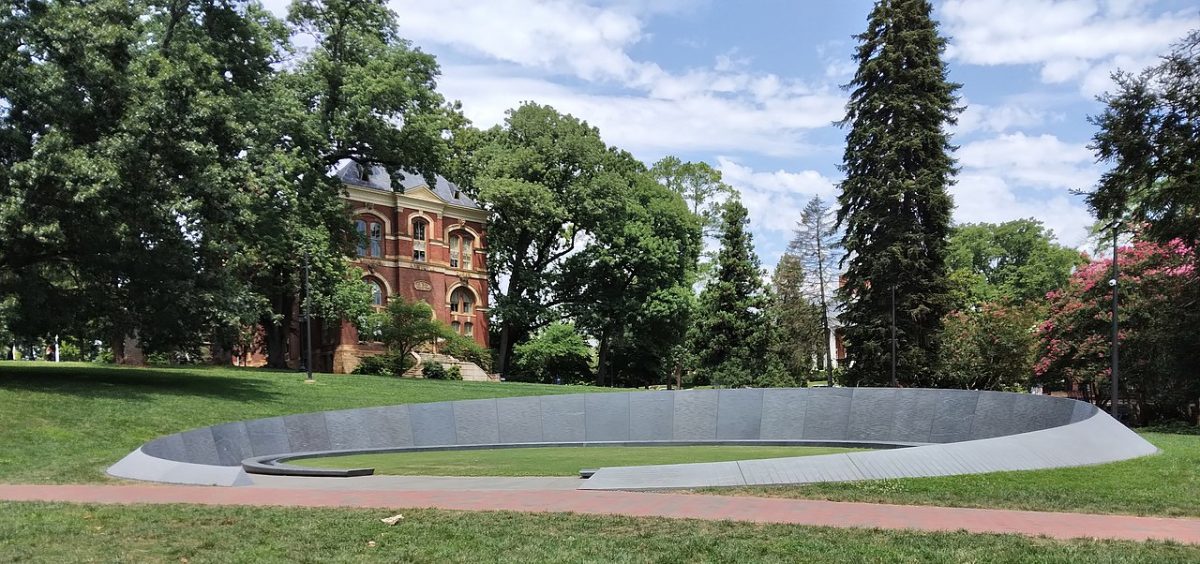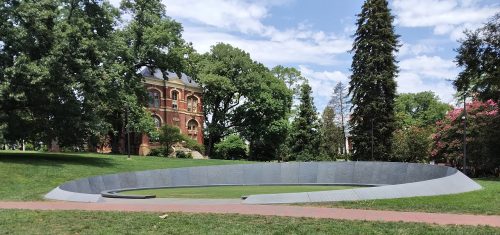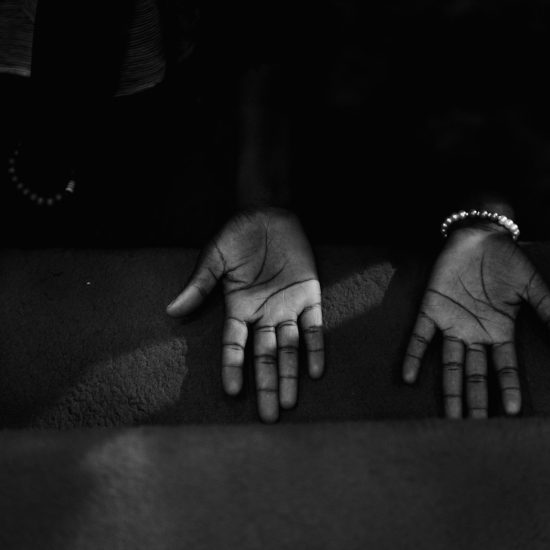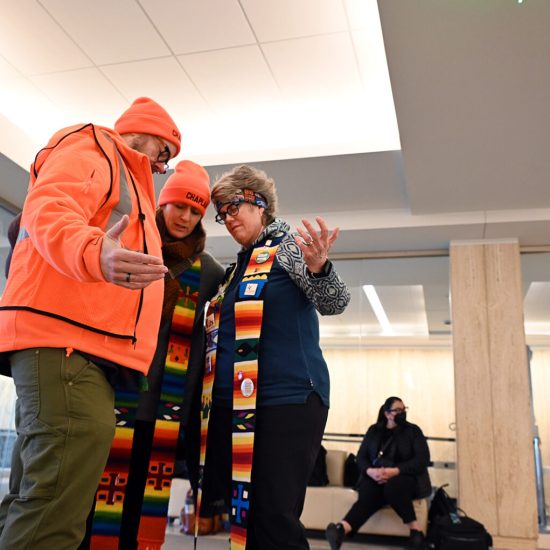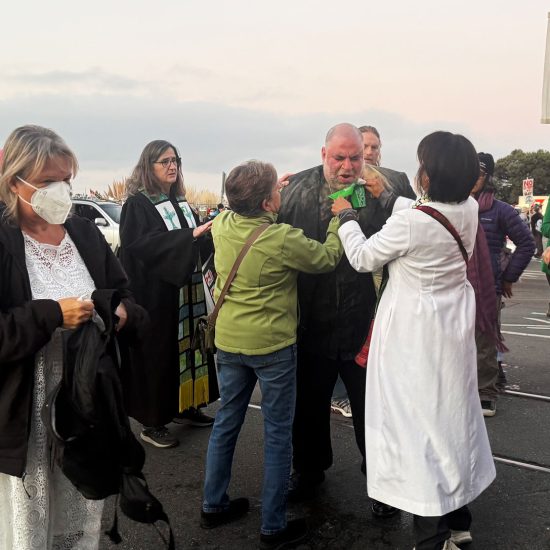(RNS) — Four years after the Episcopal Diocese of Virginia announced it would commit $10 million to racial reparations, Bishop Mark Stevenson said the diocese identified funding sources for that initial reparations endowment.
“We have identified sufficient assets that we may liquidate and are in the process of doing just that,” Stevenson said in an address at the annual diocesan convention on Nov. 6.
Virginia is the denomination’s largest domestic diocese, which combined with its history of slavery made its reparations quest especially significant when anti-racism efforts were surging across the country after the murder of George Floyd in 2020. In 2021, the diocesan convention, its governing body voted to appoint a Racial Reparations Task Force and raise $10 million toward the initiative.
But the funding announcement earlier this month came after some former task force members expressed doubts over the diocese’s commitment to deliver on its promise and uncertainty about its ability to secure funding before the late 2026 deadline it set for itself, RNS previously reported.
Stevenson didn’t specify which assets would allow the diocese to meet its financial commitment, arguing that revealing commercial real estate details could negatively affect negotiations and jeopardize sales.
“We are now seeing the grace and beauty in this moment reflected knowing that we have funded the ministry called for in R10A, of that I am confident,” the bishop said, referring to the resolution that called for the diocese to begin racial reparations work.
Diocesan representatives declined to answer questions about the newly identified funding source and when the funding would be available.
Virginia’s decision to start reparations work resounded throughout the denomination, which made racial justice one of its priorities under the leadership of former Presiding Bishop Michael Curry, the first African American to lead the denomination. In a diocese that was at the heart of the Confederacy and where the vast majority of clergy owned slaves, the resolution also brought in renewed hope.
But in March, Stevenson dismissed the reparations task force formed in 2022, then appointed a new task force in mid-September, citing a need to “reform and refresh the task force.”
One former task force member who spoke with RNS on the condition of anonymity because of dynamics in the diocese said, “I am glad to hear Bishop Stevenson still talking about a commitment to reparations.” But they added they would defer celebrating the $10 million until after the sales are finalized.
Former task force members told RNS delays in receiving the funding had hindered the initiative’s progress. Some said they were startled by the diocese’s abrupt dismissal of the task force.
A year into the initiative, the task force’s finance committee recommended that the diocese sell Truro Church — a church property in Fairfax occupied by an Anglican congregation that split from the Episcopal Church in 2006 over LGBTQ issues — as a funding stream.
Task force documents acknowledge that selling Truro to the Anglican congregation could cause tension because of its anti-LGBTQ ordination stance. In his diocesan address, Stevenson denied the diocese ever considered the sale of Truro Church to fund reparations work, calling RNS’s reporting about it “inaccurate and perhaps misleading.” He said the property was leased out until 2037 and can’t be put “on the open market.”
However, the bishop affirmed the diocese’s goal to eventually raise more than the first $10 million for reparations. “I want to once again point out that I see a $10 million initial number not as a goal, but as a beginning,” he said.
One former task force member who requested anonymity to maintain relationships in the diocese applauded that commitment. “The work is indeed too important, and our debt to the past too great to be limited to that amount,” they said.
However, the former member added: “The diocese — its treasurer, its trustees and the R10A committee — actively discussed (Truro) as a property we could sell to the lessees. We were told by the diocese that, after the R10A committee recommended they begin discussions to explore Truro’s sale, they did in fact start negotiations.”
Stevenson declined interview requests from RNS. Asked why an existing lease would prevent the sale of Truro Church to the Anglican lessees, diocese representatives did not answer.
The Rev. Benjamin Campbell, a former task force member based in Richmond, left the group a year before its dismissal to focus on other projects related to racial justice, and out of concerns the initiative wasn’t progressing. But he said the bishop’s recent announcement could propel the initiative.
“I think that this will really empower them. … I’m sure they’ll come up with something constructive,” he said. “That will give focus to the effort. The absence of the funds which had been intended for this had really made the committee unable to focus on what it was doing for a while.”
Campbell, who didn’t apply to be on the new task force, noted many of its members have been involved in racial justice work in the diocese, particularly in Richmond. The 17 new task force members hail from all corners of Virginia and include one member from the Diocese of Los Angeles. Two members also served on the first task force.
During his address, Stevenson thanked Campbell for his leadership on race-related initiatives and for the walking retreats Campbell led on the history of Richmond’s slave markets.
The bishop also said the diocesan ministry for racial justice and healing had recently been re-formed, noting it would now be in charge of creating educational and training programs.
